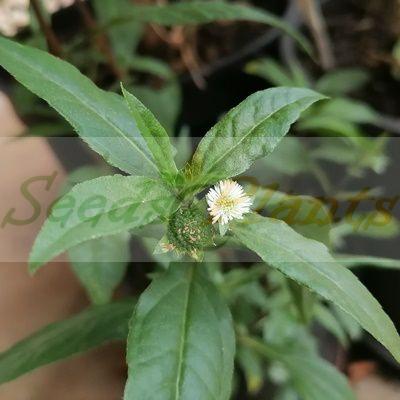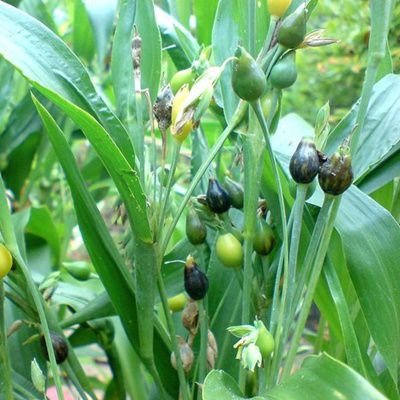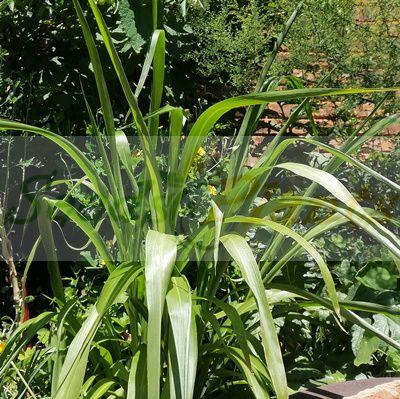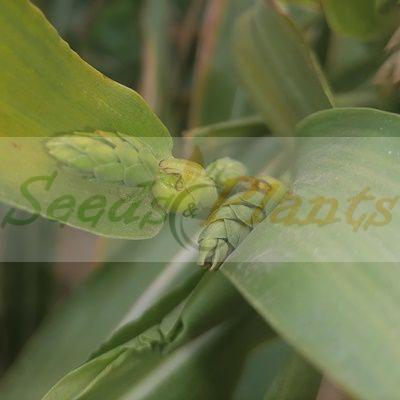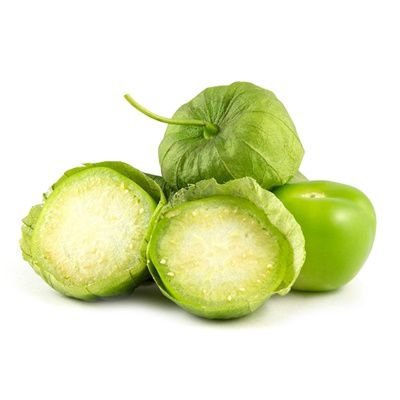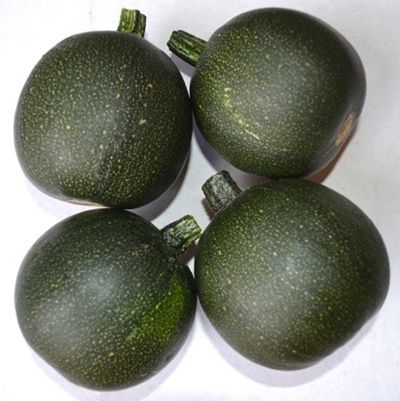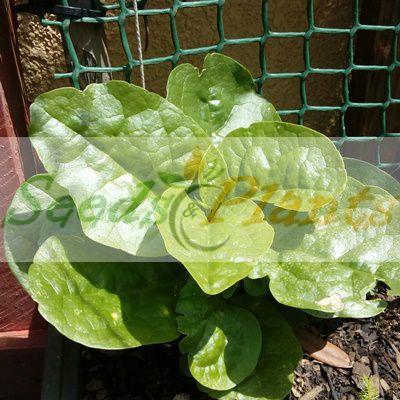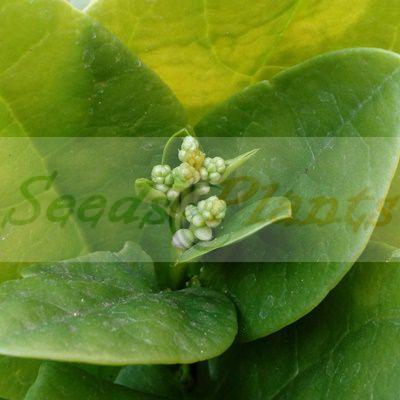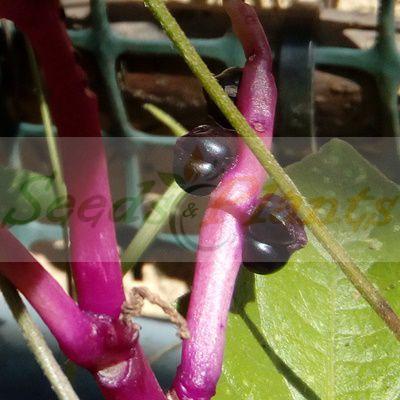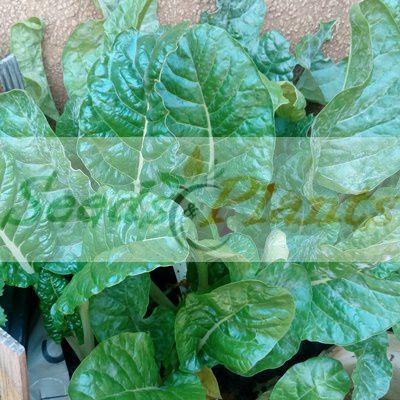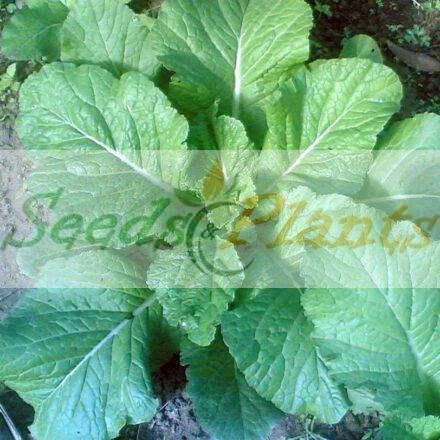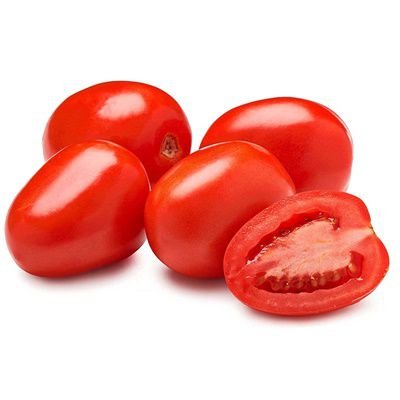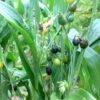🌿 Herbal Quick Facts
Medicinal Info
- 🌍 Origin / Region: Southeast Asia
- 🌿 Medicinal Part: Leaf, Root, Seed, Stem
- 🍵 Herbal Preparation: Decoction, Extract / Tincture, Infusion / Tea
- ⚕️ Healing System: African Traditional Medicine, Ayurvedic System of Medicine, Chinese Traditional Medicine, Siddha System of Medicine, Unani System of Medicine
Culinary Info
- 🍽️ Culinary Use: Baking, Beer / Wine, Beverages/Teas, Cooking, Desserts, Porridge, Rice substitute
- 🥗 Edible Part: Seed kernel
- 😋 Flavor Profile: Nutty
Growth Traits
- 🌱 Life Cycle: Perennial
- 🌾 Plant Type: Grass
- 🪴 Growth Habit: Tall Growing, Upright
- 🌸 Flower Color: Green
Growing Requirements
- 🌞 Sun Exposure: Full Sun, Partial Shade
- 💧 Water Needs: High Water
- ☀️ Growing Conditions: Frost Sensitive, Humid Conditions, Not Cold Tolerant, Not Drought Tolerant, Warm Temperatures
- 🟤 Soil Preference: Clay, Loam, Moist, Sandy
Job’s Tears – 5 Seeds
(Coix lacryma-jobi)
R30.00
Job’s tears receives its name from the hard shiny tear-shaped structures that enclose the seed kernels. The seeds are used for culinary purposes as well as in the making of jewelry. The plant also has medicinal uses.
Common Names: Coix, Adlay and Adlay millet.
Indoor Sowing: Early Spring.
Direct Sowing: Spring.
Only 4 left in stock
🌿 Herbal Quick Facts
Medicinal Info
- 🌍 Origin / Region: Southeast Asia
- 🌿 Medicinal Part: Leaf, Root, Seed, Stem
- 🍵 Herbal Preparation: Decoction, Extract / Tincture, Infusion / Tea
- ⚕️ Healing System: African Traditional Medicine, Ayurvedic System of Medicine, Chinese Traditional Medicine, Siddha System of Medicine, Unani System of Medicine
Culinary Info
- 🍽️ Culinary Use: Baking, Beer / Wine, Beverages/Teas, Cooking, Desserts, Porridge, Rice substitute
- 🥗 Edible Part: Seed kernel
- 😋 Flavor Profile: Nutty
Growth Traits
- 🌱 Life Cycle: Perennial
- 🌾 Plant Type: Grass
- 🪴 Growth Habit: Tall Growing, Upright
- 🌸 Flower Color: Green
Growing Requirements
- 🌞 Sun Exposure: Full Sun, Partial Shade
- 💧 Water Needs: High Water
- ☀️ Growing Conditions: Frost Sensitive, Humid Conditions, Not Cold Tolerant, Not Drought Tolerant, Warm Temperatures
- 🟤 Soil Preference: Clay, Loam, Moist, Sandy
Job’s tears, (Coix lacryma-jobi), cereal grass of the family Poaceae. It’s also known as adlay and coix. Job’s tears receives its name from the hard shiny tear-shaped structures that enclose the seed kernels. Those beadlike pseudocarps are sometimes used for jewelry and rosaries. Forms of the plant are cultivated as a cereal crop in parts of East Asia and in the Philippines, and its edible grains are sometimes marketed as Chinese pearl barley in the West. It is also grown as a garden ornamental.
Job’s tears is a tall perennial grass. It grows 1 to 3 metres tall and features jointed stems with long flat leaf blades. Male and female flowers are borne on the same plant and bloom in the late summer. The pseudocarps that surround the seeds are off-white or dark in colour and are 6 to 12 mm long.
Culinary Uses
- Seed – cooked. A pleasant mild flavor, it can be used in soups and broths.
- It can be ground into a flour and used to make bread or used in any of the ways that rice is used.
- The pounded kernel is also made into a sweet dish by frying and coating with sugar.
- It is also husked and eaten out of hand like a peanut
- A tea can be made from the parched seeds.
- Beers and wines are made from the fermented grain.
- A coffee is made from the roasted seed.
Job’s Tears Medicinal Benefits
- The fruits are anodyne, anti-inflammatory, antipyretic, antiseptic, antispasmodic, hypoglycaemic, hypotensive, sedative and vermifuge.
- The fruits are used in folk remedies for abdominal tumours, oesophageal, gastrointestinal, and lung cancers, various tumours, as well as excrescences, warts, and whitlows.
- It is also used in the treatment of lung abscess, lobar pneumonia, appendicitis, rheumatoid arthritis, beriberi, diarrhoea, oedema and difficult urination.
Growing Job’s Tears
Indoor Sowing: Early Spring.
Direct Sowing: Spring.
- If your area has relatively warm, frost-free winters, you can grow Job’s tears as a perennial, direct-seeding it outdoors in spring for a harvest extending through the autumn.
- To speed germination, scarify the seeds first.
- Then pre-soak seeds overnight in warm water.
- Sow the soaked seeds in situ, dibbling the seed 5cm deep in the soil.
- The seed usually germinates in 3 – 4 weeks at 25°c.
- If you started the seeds indoors, prick the seedlings out into individual pots and plant out in late spring.
- Job’s tears prefers full sun and a warm location, and does well planted near a building wall.
- It tolerates most soils, including light, sandy soil, loam or clay.
- It isn’t particular about soil acidity, but it needs a moist location and can do well planted near a stream, pond or other water feature.
Can this plant be used for culinary purposes?
Job’s Tears is traditionally used for culinary purposes such as baking and beer / wine.
Does this plant have medicinal uses?
Traditionally, Job’s Tears has a history of use in various healing systems, including African Traditional Medicine and Ayurvedic System of Medicine. Seeds are sold for cultivation purposes only.
Disclaimer
Medicinal Information:
All medicinal information on this website is for educational and informational purposes only and may not be construed as medical advice. The information is not intended to replace medical advice or treatment offered by healthcare professionals.
Seeds, Plants, Plant Cuttings, Geophytes and Dried Herbs:
In some countries and provinces, certain plants are deemed as invasive and are not allowed to be planted at all, whilst some plants are allowed to be grown only in certain areas or provinces. The onus is on you as the buyer to familiarize yourself with the regulations pertaining to your location, before purchasing any of our seeds, plants, plant cuttings, geophytes or dried herbs. We will not be held liable, should you purchase any seeds, plants, plant cuttings, geophytes or dried herbs. from us which are prohibited in your country or province.


